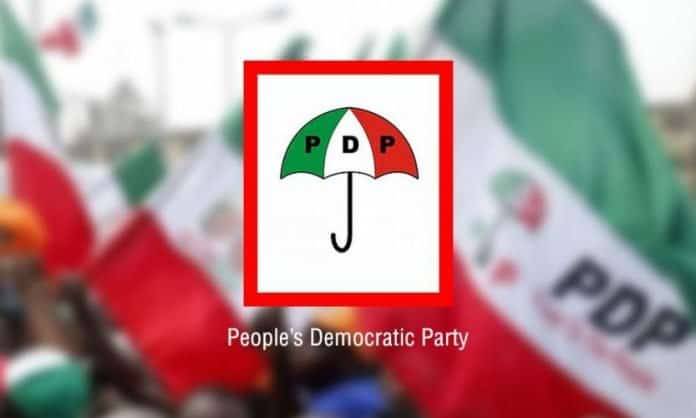
The inconsistent decisions made by the election petition tribunals, according to Felix Hyat, the chairman of the Peoples Democratic Party (PDP) in Kaduna State, are harming Nigeria’s democracy. Even though all the facts, assertions, and circumstances were the same in Plateau, Mr. Hyat specifically expressed surprise at the divergent verdicts.
In his opinion, many tribunal decisions appeared to be “just the judges’ opinions.” Expressing this, he addressed the rulings of the governorship tribunals in Kaduna state, as the complaints on irregularities on the INEC side proved constant.
The chairman said, “The electoral law and the guidelines are the same, but we keep getting different rulings even with the same facts and circumstances. Situations like that breed confusion. Sometimes you feel that the judgments are based on their thinking. You get a feeling that they are not applying the law that is there for everyone to see.”
He further explained the inconsistency of justice as he mentioned that the petitioners claimed the PDP had no structure for the primaries. He said that while one tribunal ruled that they had no structure, another ruled that they had a structure. According to him, “the case of Plateau is rather strange. The petitioners are claiming that the PDP had no structure when the primaries were conducted. The petitioners tabled the same complaints, but while one tribunal dismissed their claims and ruled that PDP had a structure having complied with a court order to conduct a repeat Congress, another insisted that it did not have. I am not a lawyer, but we all know that the issue of primaries is purely an internal matter of the party.”
“The Supreme Court has also ruled that the tribunals are not set up to listen to pre-election matters. The apex court has also declared that only an aspirant who participated in a primary election is qualified to challenge its outcome. So, you wonder: on what grounds would a tribunal rule in favor of an opposing party that is alleging that the opponent did not hold a Congress? How does that become an outsider’s concern?”
“Kaduna, Kano, and Nasarawa States had the same complaints about irregularities in INEC calculations of votes during the governorship polls. Our complaints were simple. Let the illegal votes be discounted and deducted, and the winner is then announced after calculating the genuine and lawful votes.”
“In Nasarawa, the right thing was done, and the winner was given his prize. It was the same thing in Kano. But in Kaduna, the tribunal only opted to call for fresh elections in some polling units, even when we brought videos of scenes where votes were mutilated. We believe something went wrong. But we see that as a product of genuine mistakes, and that is why we have gone to the appellate court.”
“We are not lawyers, so we cannot sit somewhere and criticize. We must promote confidence because we are confident that the judiciary will right the wrongs. We believe that elections are about votes. The winner is determined by numbers. We believe the PDP won in Kaduna, and that is why we have approached the appellate court. The judgment was split, with two judges favoring the PDP while one was against it. We believe that the higher courts have the final say,” the chairman concludes.




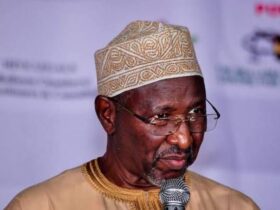
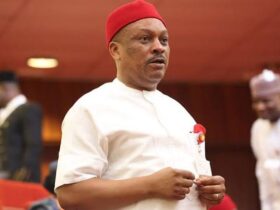
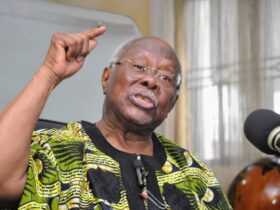
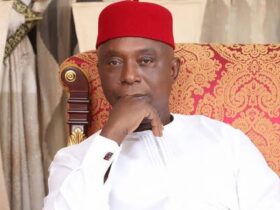
Leave a Reply